Take my word for it—I’ve gone through most of the courses on KodeKloud, and that’s why I knew I had to help you all navigate this Free Learning Week.
I’ve taken 80+ courses at KodeKloud, so trust me when I say this is your best chance to get hands-on with DevOps and Cloud without spending a dime. Whether you’re just starting out or already familiar with some concepts, this guide will help you plan your next few days wisely and make the most of this opportunity.
So, let’s get started, my friends! 🚀
Step 1: Lay a Strong Foundation with DevOps Basics
If you’re new to DevOps, the biggest mistake you can make is jumping straight into complex tools without mastering the basics first. Without a solid foundation, everything else will seem confusing, and you’ll keep running into roadblocks.
So, let’s start right.
1️⃣ DevOps Prerequisites Course – Your First Step
This course is a must because it covers everything fundamental—the kind of knowledge that gets your brain warmed up for DevOps.
✅ Networking Basics
✅ Linux Fundamentals
✅ Databases & Web Servers
✅ Application Basics
✅ Security Concepts & More
I took this course early in my career, and I can’t emphasize this enough—it helped me pass my KodeKloud interview! Without strong fundamentals, nothing else works.
📌 Start here: DevOps Pre-requisite Course

⏳ 6h 30m → Spread it over 2-3 days. Trust me, it’s worth your time!
2️⃣ Linux – The Must-Have Skill
The next non-negotiable skill is Linux. DevOps runs on Linux, and sooner or later, you’ll need to understand commands, file systems, and basic troubleshooting.
This course is super beginner-friendly and gets you comfortable with Linux quickly. Make sure to complete all the labs!
📌 Start here: Learning Linux Basics

If you’ve never touched Linux before, don’t worry—this course will get you started the right way.
Step 2: Master Containers – The Core of DevOps
Now that we have the basics down, it’s time to step into the world of containers.
If you’re planning to work in DevOps or Cloud, knowing Docker is a must. Containers help developers package applications in a way that makes them easy to move, scale, and deploy.
3️⃣ Start with Docker for Beginners
This course is your first step into containerization. It covers:
✅ Why Containers Were Created
✅ Docker Basics
✅ Running Containers in Real-World Scenarios
✅ Docker Compose & Docker Swarm
📌 Start here: Docker for Beginners
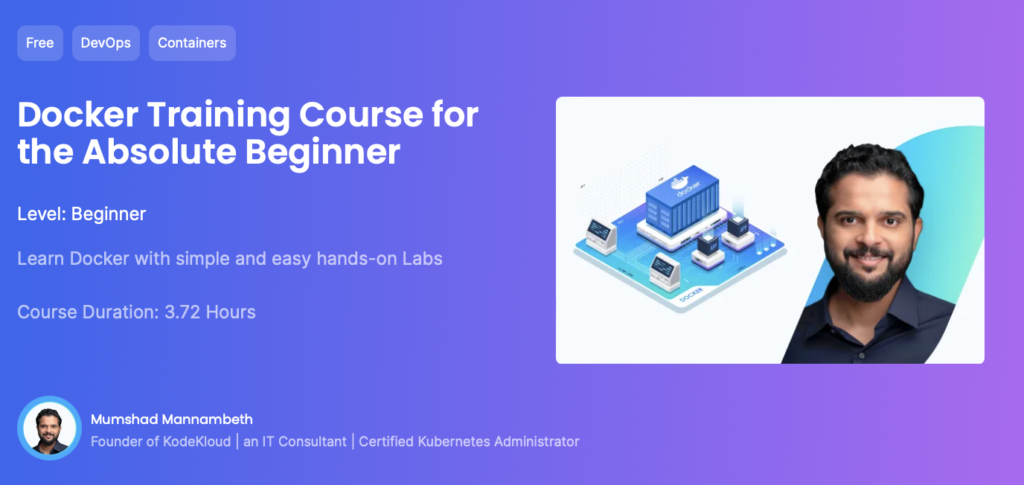
⏳ 3h 45m → A short but super practical course.
Step 3: Kubernetes – The Heart of DevOps
Once you understand containers, the next step is learning how to manage them—that’s where Kubernetes comes in.
Kubernetes is the most in-demand skill in DevOps. Without Kubernetes, you can’t call yourself a DevOps engineer these days.
4️⃣ Start with Kubernetes for Absolute Beginners
This course by Mumshad Mannambeth is one of the highest-rated Kubernetes courses, and for good reason. It’s designed for beginners and explains concepts in the simplest way possible.
📌 Start here: Kubernetes for Absolute Beginners
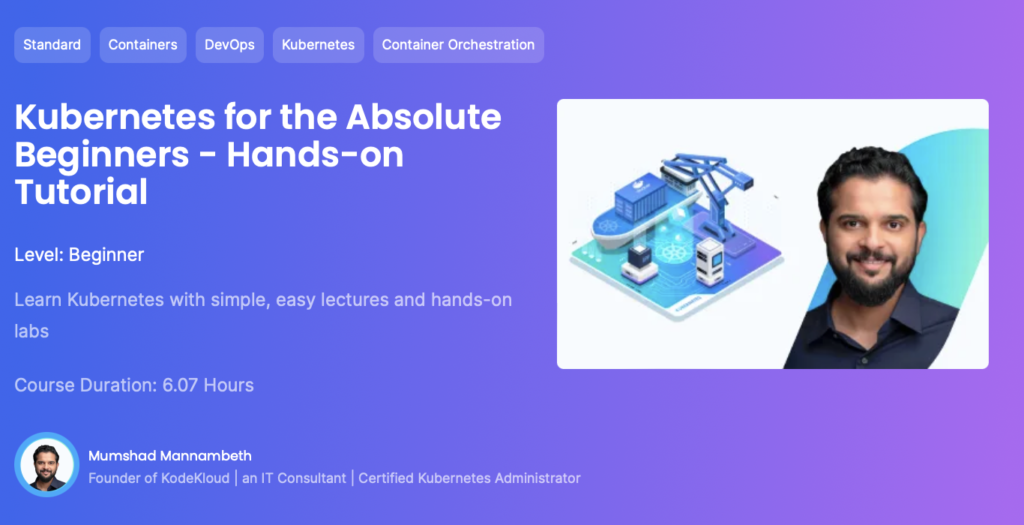
⏳ 6h 20m → Start on Sunday—it’s an absolute gem!
Step 4: Certifications – The Next Big Leap
Now, let’s talk about certifications.
If you’re planning to level up your career, getting at least one Kubernetes certification will help you stand out.
For beginners, the best certification to start with is KCNA (Kubernetes and Cloud Native Associate).
📌 Start here: KCNA Certification Course
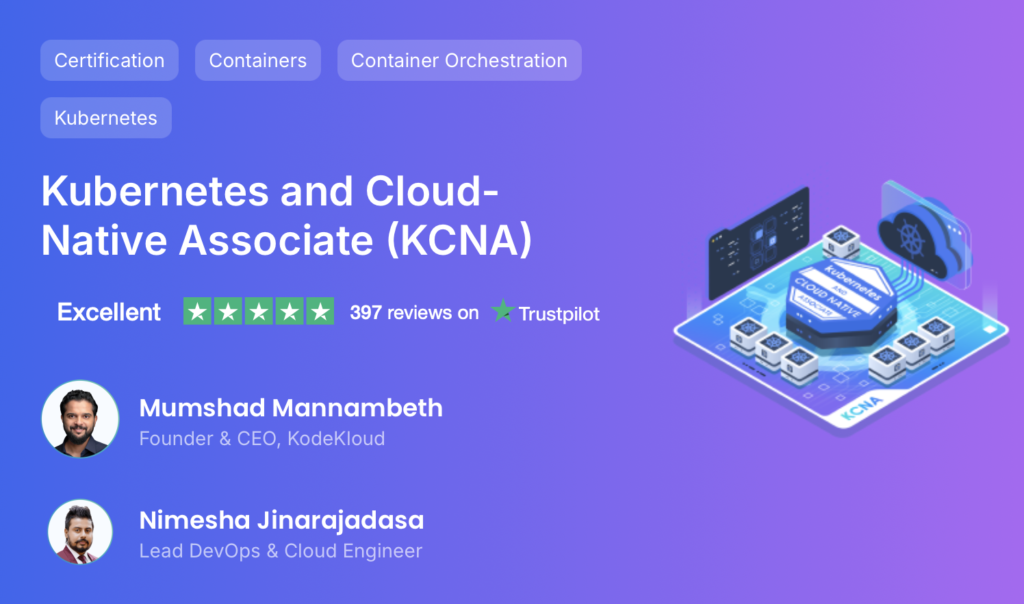
If you already have some Kubernetes experience, then you should aim for:
📌 Certified Kubernetes Administrator (CKA)
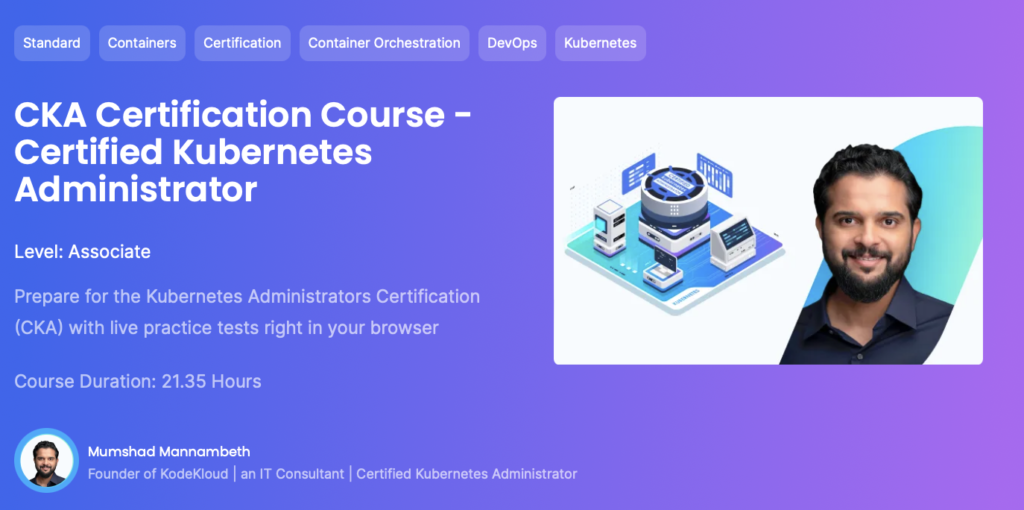
📌 Certified Kubernetes Application Developer (CKAD)
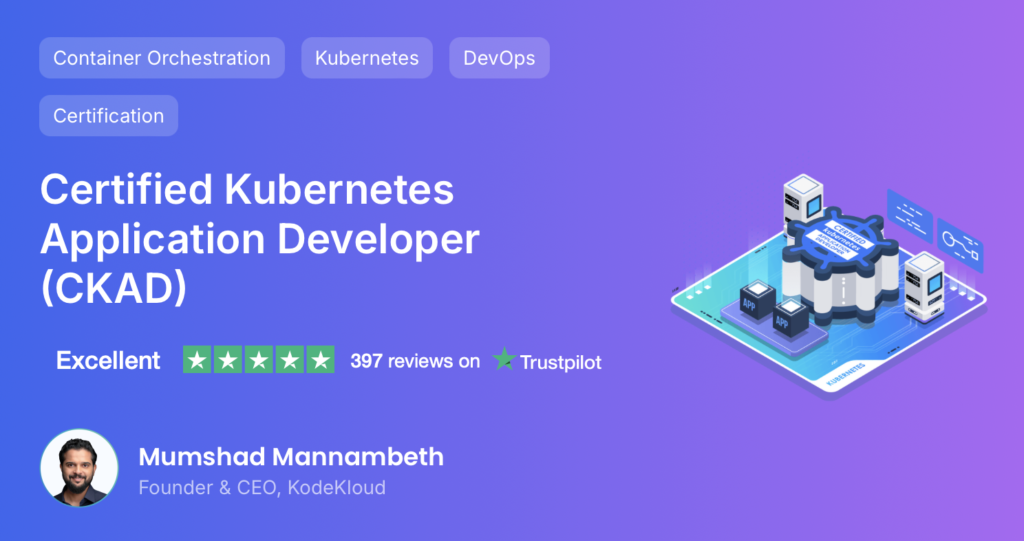
📌 Kubernetes and Cloud Native Security Associate (KCSA)
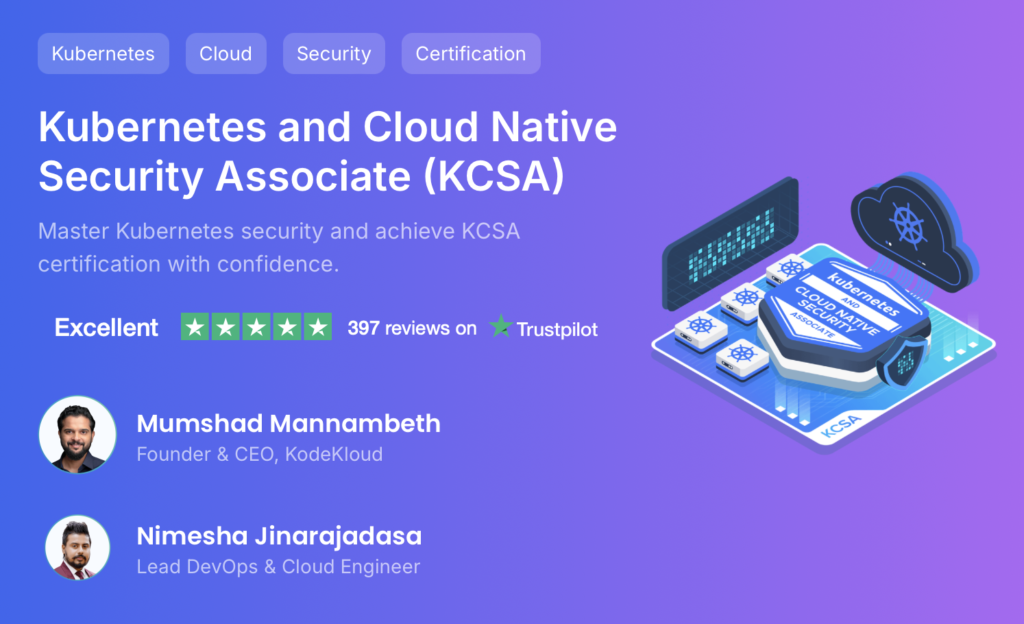
📌 Certified Kubernetes Security Specialist (CKS)
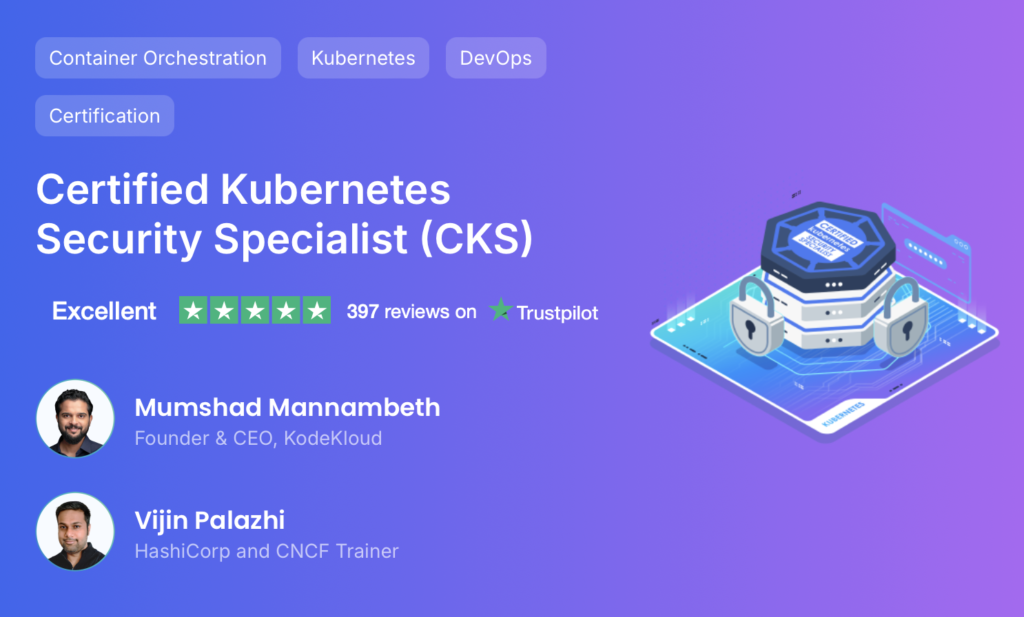
These certifications are recognized worldwide and can boost your career massively.
Step 5: Learn Cloud – AWS, Azure, or GCP?
Knowing at least one cloud platform is essential for DevOps. Pick one and start learning:
AWS Cloud Practitioner – Best for Beginners
AWS is the most widely used cloud platform, and this course is perfect for beginners.
📌 Start here: AWS Cloud Practitioner
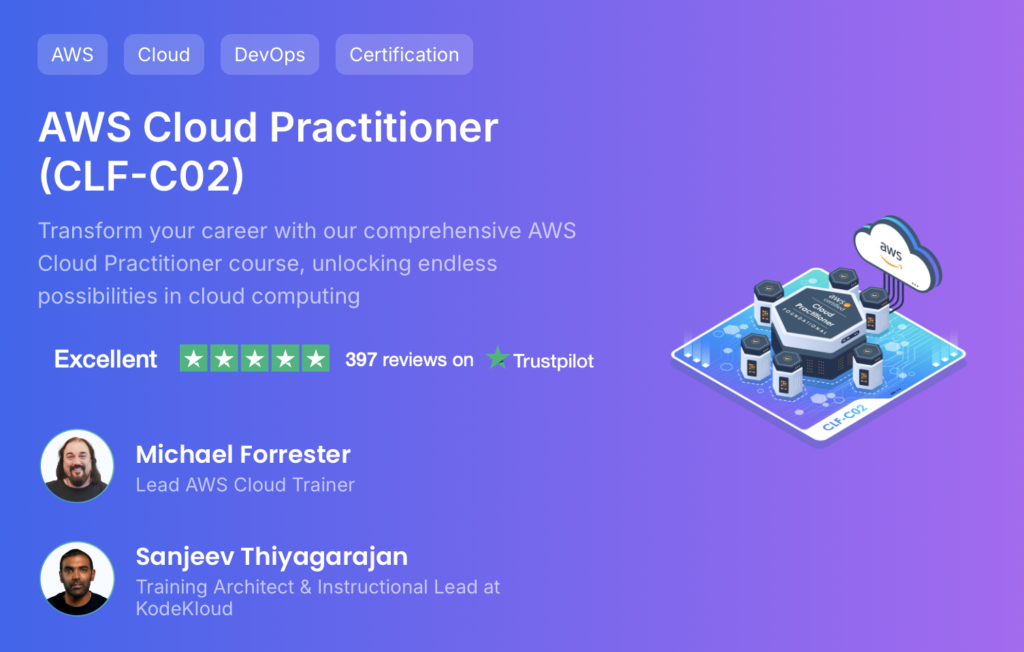
If you prefer Azure or Google Cloud, check these out:
📌 Microsoft Azure AZ-900: Azure Fundamentals

📌 Google Cloud Digital Leader: GCP Course
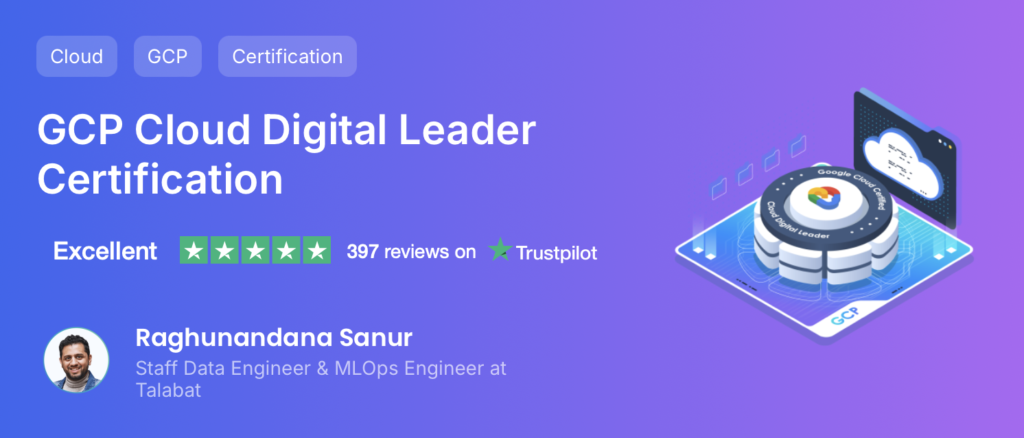
Step 6: Bonus – Get Hands-On with Infrastructure as Code (IaC)
If you have extra time, Infrastructure as Code (IaC) is another important DevOps skill.
Terraform is one of the most popular tools, and this beginner-friendly course will get you started:
📌 Start here: Terraform Basics
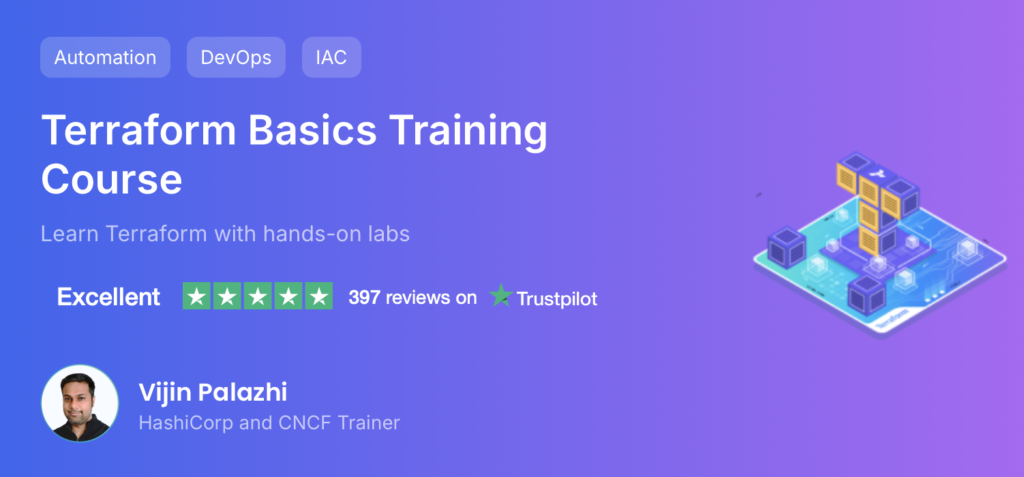
⏳ 3-4 hours → Great for late-night learning!
Final Thoughts – Let’s Make This Week Count!
I know this sounds like a lot, but trust me—if you follow this plan, you’ll gain solid DevOps and Cloud knowledgein just a few days.
🔥 Goal: Gain real knowledge and start working toward 2-3 certifications in the next few months.
I’m sorry for posting this guide a bit late, but next time, I promise to have it ready before the next KodeKloud Free Learning Week!
Now, dive in and make the most of this opportunity! 🚀
More Curated Resources for Your Learning Journey
For a more detailed and structured guide, check out my blog on the KodeKloud Blog, where I’ve curated additional insights and resources to help you navigate KodeKloud Free Learning Week efficiently:
📌 Read here: Make the Most of KodeKloud Free Learning Week – Your Learning Guide
Don’t miss out on this amazing opportunity to learn for free! Sign up for KodeKloud Free Learning Week and access top DevOps and Cloud courses:
📌 Register here: KodeKloud Free Learning Week
Happy learning! 🚀

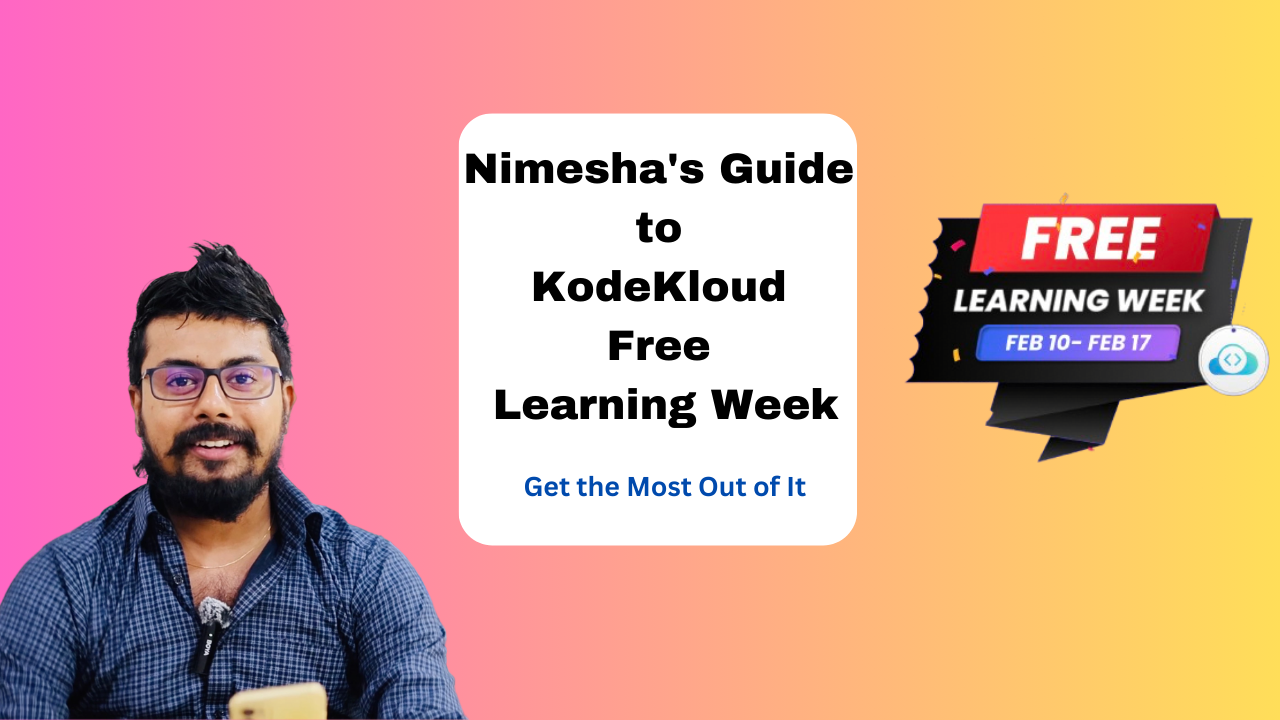
Superb Content as always! I have never seen someone who can communicate knowledge to others in a high quality manner like you. Please keep these initiatives!
Thank you for this structured roadmap and content.valuable post ❤️
This content is amazing Nimesha Sir! Please we want more from your huge knowledge. Proud that you work for KodeKloud, only srilankan as i can see!
I started with KCNA and love your Kubernetes courses in CoDeKu too! Really good to see you work for KodeKloud! amazing
Thanks a lot for providing info about this massive opportunity to learn devops from scratch. I already done two courses and try to complete other courses as well. I hope this learning paths will make a significant change on our professional lives.
Love this roadmap to do within next few days!
please contnue your efforts! Proud of you from KodeKloud Engineer!
please create more written content and Youtube content. we as university students, learning lot from you these days! please sir!
I really love that RoadMap. That Amazing! Thank you So Much!